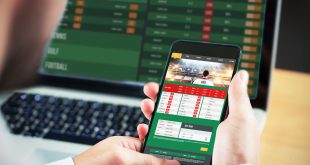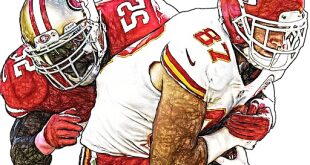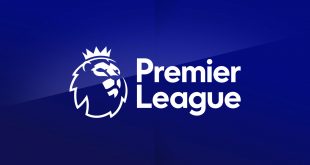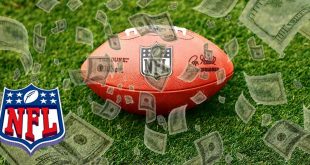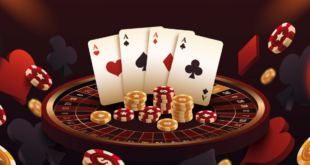Successful sports betting has more to do with the mathematics of sports betting rather than the emotional guesswork based on the fanatic devotion to a specific team.
By way of expanding on this statement, let’s consider the following imperatives or essential requirements.
Calculating the implied probabilities or outcomes based on the betting odds
The published sports betting odds originate as the real probabilities of the following outcomes: the home win, away win, and draw. Succinctly stated, the sportsbook has to walk the fine line between making a profit and offering realistic odds that will attract gamers. If this line is not successfully traversed, there is no point to the sportsbook’s existence.
Consequently, let’s consider the following example:
The first set of betting odds are determined by the oddsmaker and are a fair representation of the match’s outcomes.
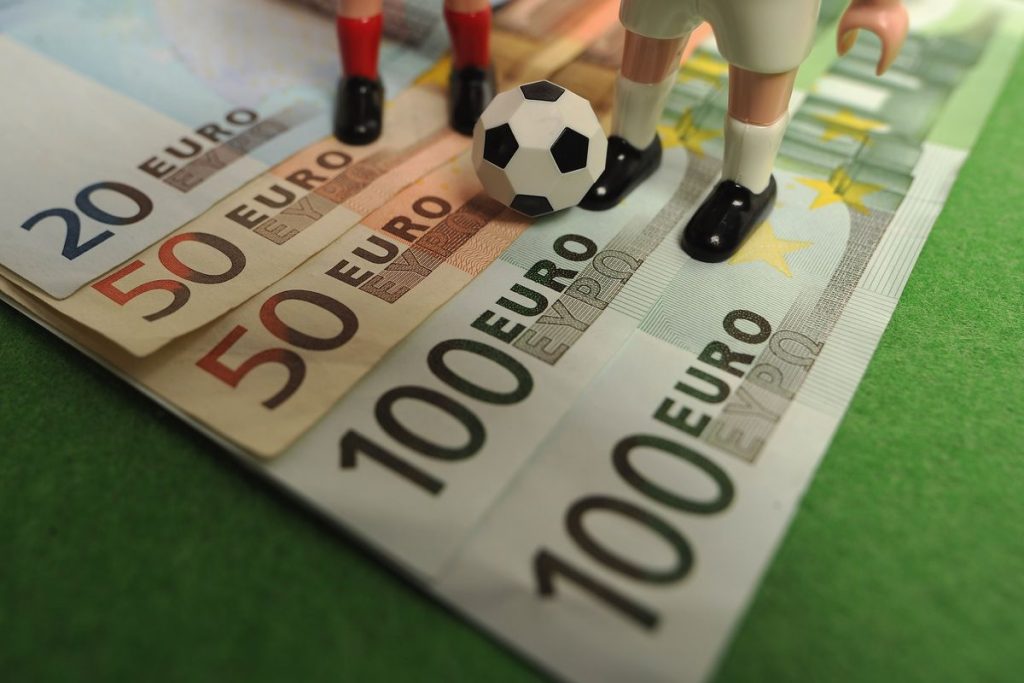
For example, a sportsbook like the bookmaker’s found in Nostrabet.com, is considering offering wagering opportunities on the English Premier League football matches. Based on the historical rivalry between different teams as well as the proven home ground advantage, the oddsmaker draws up these odds:
- Home win: 1-1 (Evens) or 50% chance of the home team winning the match
- Draw: 2-1 or 33.34% chance of the match ending in a draw
- Away win: 5-1 or 16.66% chance of an away win
These odds when calculated into probabilities demonstrate the home ground advantage very clearly. They also show what chance there is of an away win. Statistically speaking, there is more of a chance of a draw than an away win.
Therefore, without adding the bookmaker’s edge, margin, or overround, the odds of Manchester City beating Manchester United at home is 50%. And, these odds are swapped around if the match is played at Man United’s home ground.
The house always wins

While sports betting is probably one of the few gambling activities that has a mathematical element to calculating the realistic probability of an outcome (as described in the point above), the sportsbook is also in business to make money. And, because its primary value proposition or business model is to offer betting options on many different sporting events, the way it makes money is on the wagers placed by sports betting pundits.
Therefore, let’s reconsider the scenario described above by way of understanding how the sportsbook adds its margin.
Once the oddsmaker has finished with the odds and produced a fair book where the probabilities of an outcome add up to 100%, these odds are handed over to the bookmaker so that the bookmaker’s margin or edge can be added in the same ratio as the fair odds (3:2:1).
With the bookmaker’s edge added, these odds are now:
- Home win: 4-6 or 60% chance of the home team winning the match
- Draw: 6-4 or 40% chance of the match ending in a draw
- Away win: 4-1 or 20% chance of an away win

It is important to note that these probabilities add up to 120% with the overround added. The bookmaker’s edge is 20%.
Finally, it’s essential to remember, as highlighted above, that the sportsbook has to make a profit, and it has to attract and keep its clientele. Therefore, it is limited by the mark-up it can add. And different sportsbooks offer their own odds on the same sporting event, so if you look around, you will find very competitive odds.
Focus on a long-term strategy
Every successful gambler loses individual wagers. The secret is to reduce the number of lost bets and increase the number of winning bets. This is achievable in a few different ways.
Do the math before placing bets
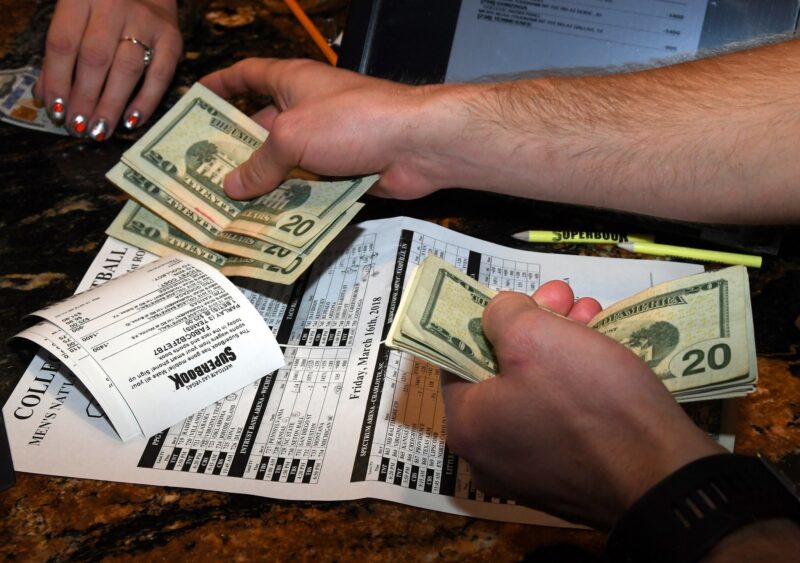
This is non-negotiable. As described above, it is essential to calculate the implied probability of a particular team or individual winning the match. However, there are occasions where no matter how much research you do, you will lose the bet. Fortunately, those seem to be few and far between.
A good example of this statement is the 2013 Wimbledon final tennis match between Novak Djokovic and Andy Murray. The betting odds offered showed that Djokovic (2.00) was the favourite to win against Murray (4.50). And, certainly, all of their previous encounters showed that Djokovic was the favourite to win. Before this match, Murray had only beaten Djokovic once in a grand slam final, the 2012 US Open.
Thus, when studying these figures, it made sense to bet on Djokovic to win. And, for every £100 you wagered, you would get back £200 at the betting odds of 2.00. Juxtapositionally, for every £100 you wagered on Murray to win, you would get back £450. These numbers confirm, yet again, to what extent bookmakers believed that Djokovic would win this encounter.
Well, Murray caused an upset by winning in straight sets.
Bankroll management
Bankroll management is one of the most important skills to master if you want to be a successful sports bettor. Some experts recommend that you should only wager what you are willing to lose. However, there is a more accurate way to determine your maximum for each wager. Let’s determine the answer to this inferred question by citing the following example.
Your total bankroll is £1000. And, you should never wager more than 5% of your total bankroll on each bet. In fact, actual wagering figures touted are between 1% and 5% of your bankroll’s value.
5% of £1000 is £50. Thus, the maximum amount you should use to secure a bet is £50.
If we use the example of the 2013 Wimbledon final mentioned above, you should not be tempted to bet more than £50 on the match. Let’s assume you thought that a Djokovic win was a slam-dunk and you decided to go big and wager 50% of your bankroll, or £500. You would have lost £500.
On the other hand, if you’d stuck to your strategy no matter how certain you are of the outcome, and only wagered £50 for Djokovic to win, you would only have lost £50. It is possible to make up the lost £50 through careful betting. However, it is virtually impossible to recoup ten times that amount.
 Poker Players Alliance Casino & Gambling Articles 2024
Poker Players Alliance Casino & Gambling Articles 2024

